|
Another one of my paintings for the book cover design series? This is from 'The Dying of the Light' series, which was inspired by a Hannah Arendt quote: “That even in the darkest of times we have the right to expect some illumination, and that such illumination might well come less from theories and concepts than from the uncertain, flickering, and often weak light that some men and women, in their lives and their works, will kindle under almost all circumstances and shed over the time span that was given to them....” (from Men in Dark Times).
Yesterday I got Rebecca Solnit's 2016 book "Hope in the Dark," and thought of my painting. That's how my brain works. Does yours too or is that just me? In her book, she makes a radical case for hope as a commitment to act in a world whose future remains uncertain and unknowable. Solnit argues that radicals have a long, neglected history of transformative victories, that the positive consequences of our acts are not always immediately seen, directly knowable, or even measurable, and that pessimism and despair rest on an unwarranted confidence about what is going to happen next. I've been wondering about this issue, art and society, and whether art can bring hope, as a motor for societal channeling of hope into action? Solnit writes: "It is important to say what hope is not: it is not the belief that everything was, is or will be fine. The evidence is all around us of tremendous suffering and destruction. The hope I am interested in is about broad perspectives with specific possibilities, ones that invite or demand that we act. It is also not a sunny everything-is-getting-better narrative, though it may be a counter to the everything-is-getting-worse one. You could call it an account of complexities and uncertainties, with openings. 'Critical thinking without hope is cynicism, but hope without critical thinking is naivety,' the Bulgarian writer Maria Popova recently remarked." Inspiring. More 'book cover visons' are in my earlier blog post . Yesterday I got '140 Artists' Ideas for Planet Earth,' at the bookstore. On my way home, I could see how the drought and heat affected the nature in our own City Park. The ducks that are usually actively toddling towards by-passers now swim in a green mucky pond. The note on the cover of the book says 'Remember Nature.' I made me think of this small mini painting 'Dry Land,' as a record so we can remember nature.
These days it seems like I'm all over the place, a mind buzzing with ideas, from still life to landscape to figurative. But there you go, 'it's all in me.' Paraphrasing Kiki Smith, 'Some people think or expect that you should make the same kinds of art forever because it creates a convenient narrative-or a coherent IG feed- ... I want my work to embody my inherent divergent interests.' 'Dry Land' is oil on canvas-board, 18 by 24 cm. During Summer Holidays, after feeling frustration with the way the world is spiralling off, I decided to start a new series titled 'A Still Life.' A play of words, since the paintings will be still lifes and they will reflect my personal still life. The idea sort of occurred to me after reading Sarah Stillman's novel 'Still Life,' the reason why I love doing still life paintings. She has some awesome writing on art braided into the story, what art does, what it means. I loved these lines in it. Like this one: "Art versus humanity is not the question, Ulysses. One doesn’t exist without the other. Art is the antidote. Is that enough to make it important? Well, yes, I think it is.” So, I'm returning to my painter self, anchoring my 'still life' in a world that seems to spin more out of control as we go. It feels almost subversive to spend hours quietly observing and rendering an object. I added Deborah Boe's poem as statement, as I often find it difficult to write about what I'm doing; I mean, who said 'if I could say it in words, there would be no reason to paint'? All that emphasis on wording for artist painters ... I wonder? Maybe I'm not that kind of artist? Too many words can kill a piece. Why not be still and behold? I'm returning to read poems for that reason, their 'language' can make entering into paintings easier. |
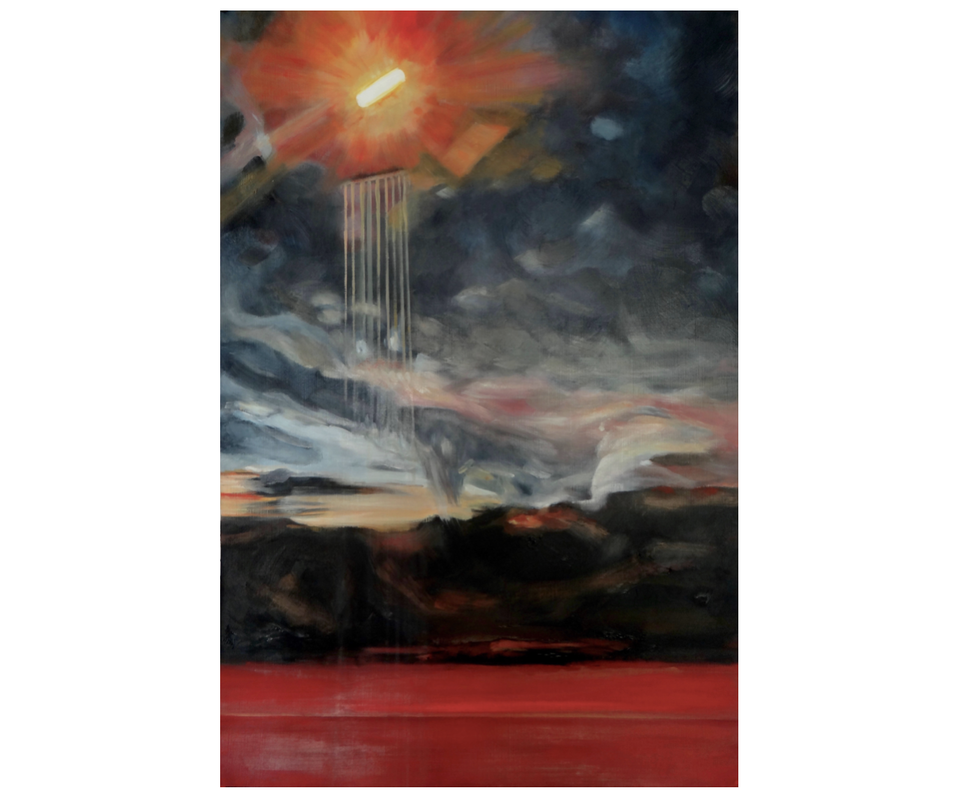
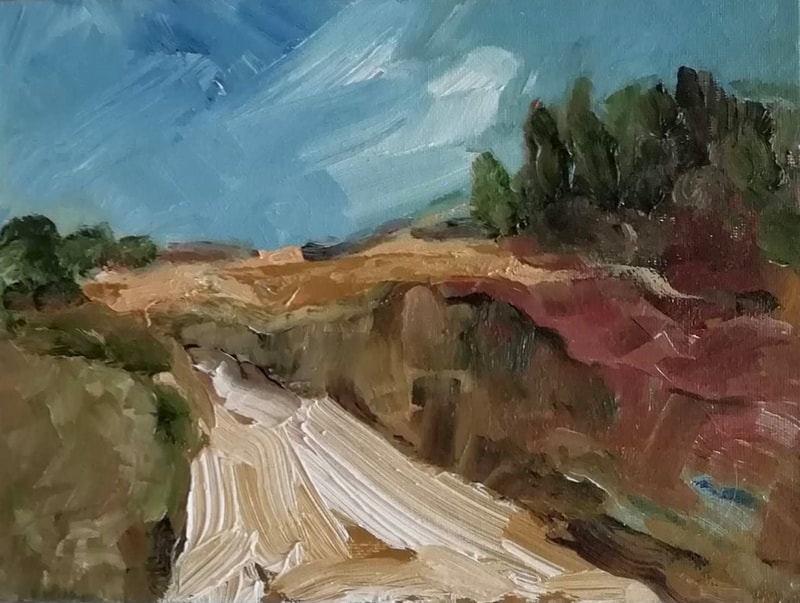
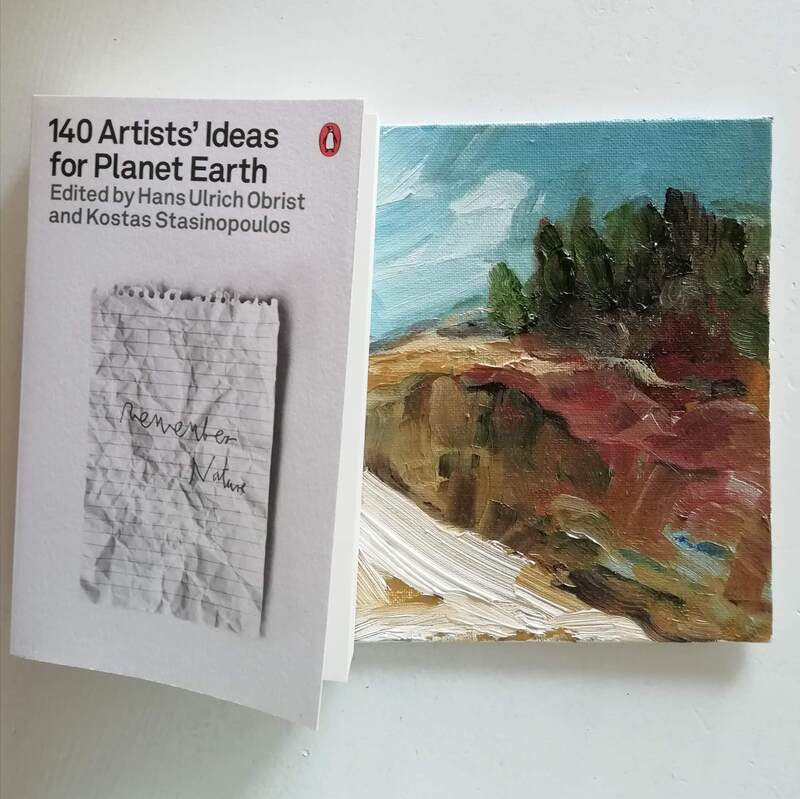
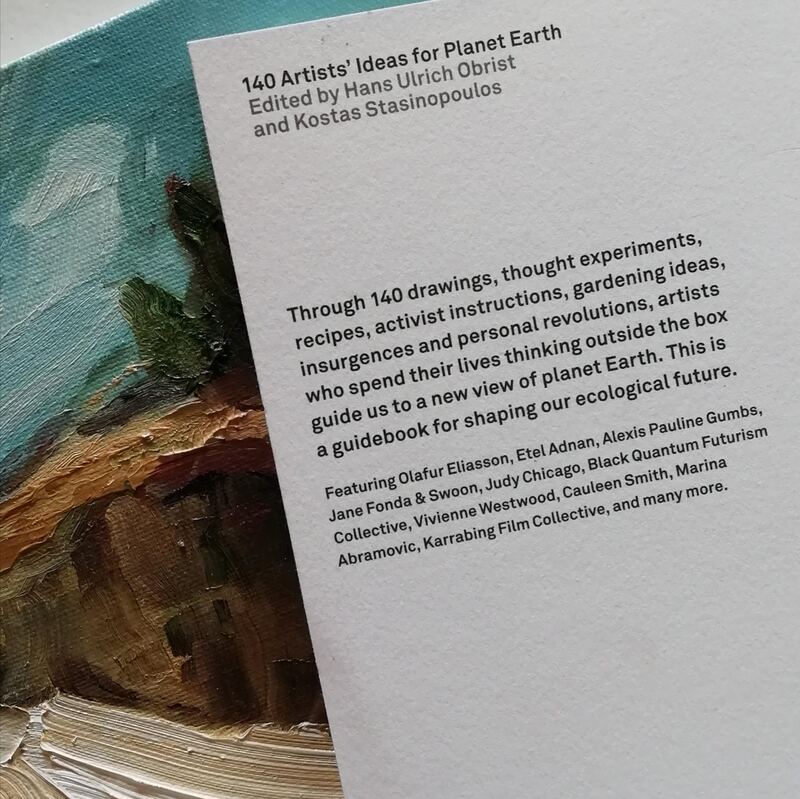
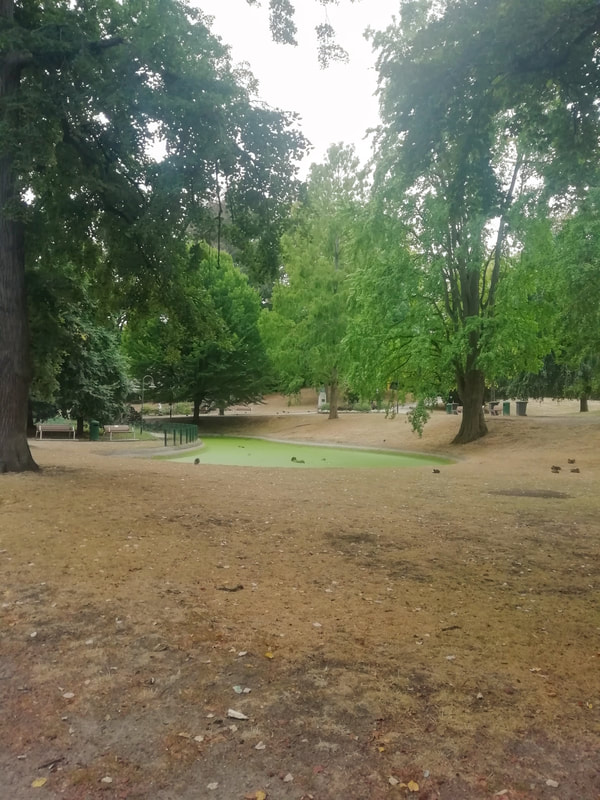
 RSS Feed
RSS Feed